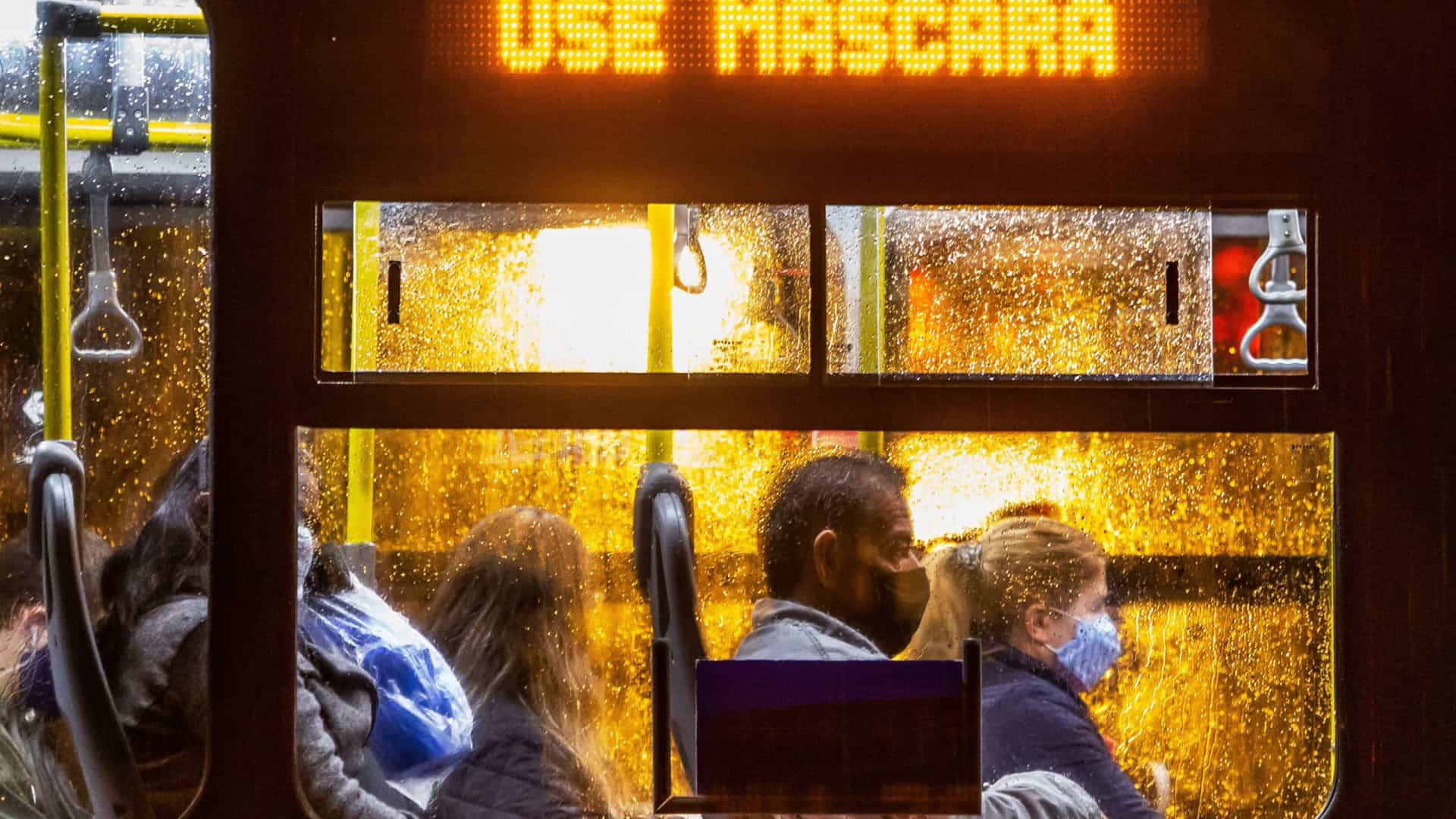RIO DE JANEIRO, BRAZIL – Thursday, June 25th, will mark four months after the first Covid-19 case was recorded, and one in every five cities in the country is still recording accelerated growth in cases of the novel coronavirus. The disease is only starting to recede in three percent of all municipalities.

Among the 27 capitals, 20 have seen the number of new records rapidly increase, at a time when mayors and governors have relaxed measures aimed at social isolation and closing down trade. Recife is the only capital city where the disease is slowing down.
The finding is the result of a statistical model developed by two researchers at USP (University of São Paulo) that measures the speed of the epidemic and how it changes over time.
The methodology is based on the number of new cases, using records from the prior 30 days. It was developed by Renato Vicente, professor of the Institute of Mathematics and member of the collective Covid Radar, which maps the disease, and Rodrigo Veiga, Ph.D. student in physics. They relied on a study by UNESP (São Paulo State University) epidemiologists to develop the project.
The situation in each location is divided into five categories: initial, accelerated, stable, deceleration, and controlled.
The initial stage is when the first cases are recorded. These are cities in which there were little more than one or two recorded cases. The accelerated stage is when there is an increase in new cases. In turn, the stable stage is when the daily number of new cases is constant.
If the number of new cases starts to decrease, i.e., the rate of contagion slows down, the deceleration stage is reached. When the spread of the virus steadily subsides, with few or no new cases, the so-called controlled stage is reached. No Brazilian city is currently at this stage.
On Thursday, June 18th, Brazil counted 1,138 cities in an accelerated growth situation of Covid-19. This is equivalent to 20 percent of all Brazilian municipalities. Yesterday, the disease reached 4,811 of these municipalities, or 83 percent of the total.
The state with more cities in acceleration is São Paulo (139, equivalent to 22 percent), followed by Ceará (119, equivalent to 65 percent).
However, there are also 189 cities that have seen the number of new recorded cases drop. One month ago, there were only three. The state with more municipalities in this stage is Maranhão: there are 42 (20 percent).
In May, Maranhão adopted a “lockdown” policy in the state capital and its metropolitan region, after the health system collapsed. The measure, which restricts the flow of people on the streets to exceptional situations, was determined by the courts.
Today, São Luís is in a stable stage, according to the researchers’ model. On Friday, Governor Flávio Dino announced a plan to restart services that had previously been paralyzed. Gyms began operating on Monday, June 22nd, and bars and restaurants will reopen on June 29th.
Should the current situation persist, schools are expected to reopen in August.
Recife, whose metropolitan region has been on lockdown, is the only one among capitals in the slowdown stage. The city reopened street trade last week and, on Saturday, June 20th, it again allowed individual sports on the beach – swimmers are still banned.
Five other capitals, in addition to São Luís, are in a stable situation, where the rate of new cases is maintained. These are Rio de Janeiro, Belém, Manaus, Fortaleza, and Boa Vista.
With the exception of Boa Vista, all of them have reopened part of the trade. The capital of Roraima inaugurated its first field hospital last week, three months after the initial plan. Since the start of the pandemic, the state has had four Health Secretaries.
São Paulo is in a stage of accelerated growth. However, Renato Vicente says that the increase in new cases has been slowing down, and the capital of São Paulo has been heading towards stability.
This situation may be threatened by the reopening of some services, such as street commerce, which came back into operation on June 10th. Shopping malls have also been reopened, and have seen long lines of customers.
According to the State Health Secretariat, since the start of the pandemic, São Paulo has counted almost 108,000 people infected and over 6,400 deaths.
Last Friday, Brazil passed the one million confirmed cases mark. On Saturday, June 20th, the country exceeded 50,000 deaths from the disease.
Source: Folhapress

